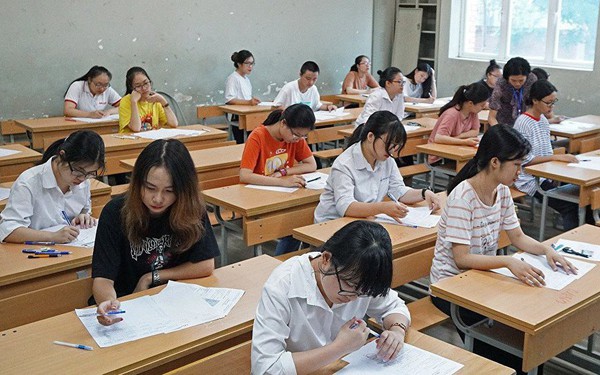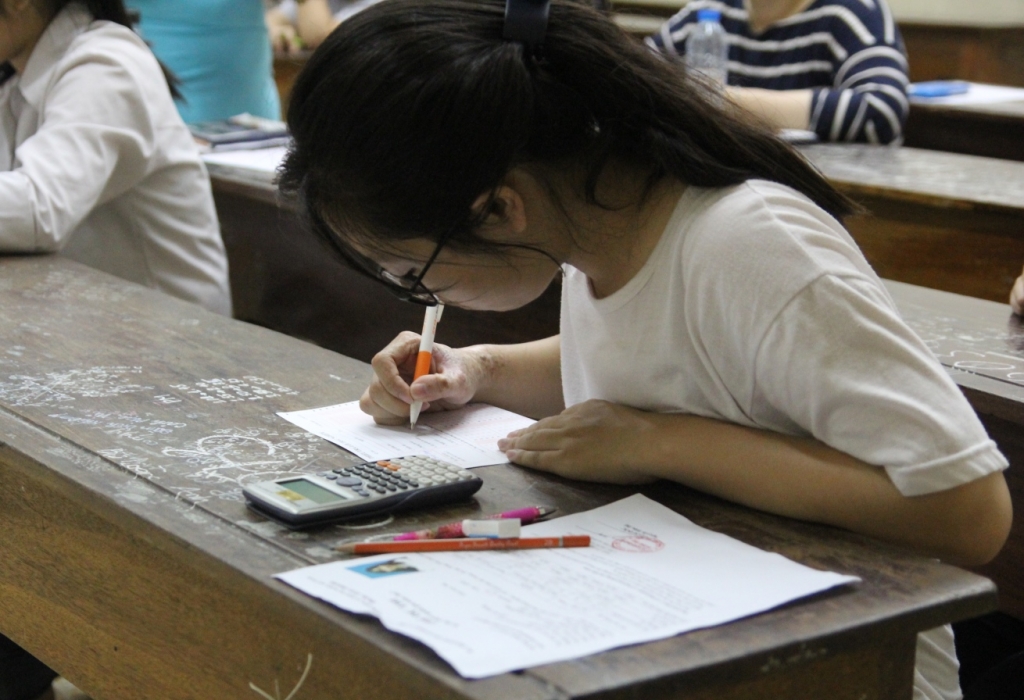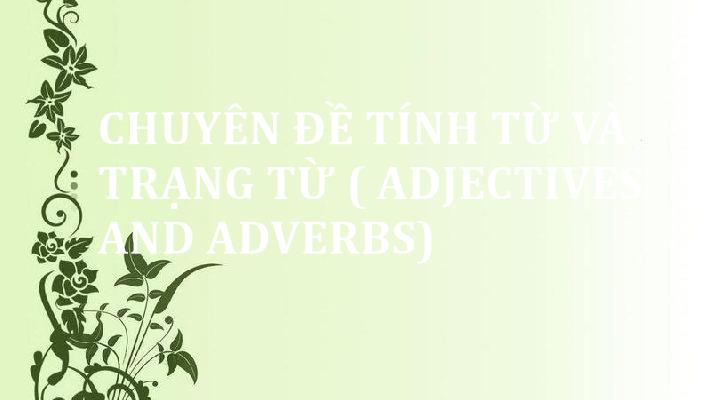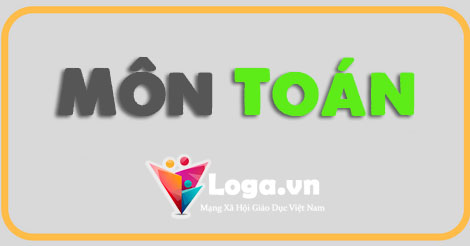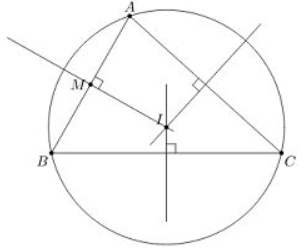Boosting Reading Speed
A. Học cách đọc nhanh để làm gì?
- Tiết kiệm thời gian
- Gia tăng mức độ tập trung và tiếp thu của bạn
- Tăng tốc tư duy vì não của bạn phải xử lý thông tin rất nhanh
B. Những thói quen khiến bạn đọc chậm
- Đọc thành tiếng to: Nhiều bạn có thói quen đọc thành tiếng to, có thể không đọc to nhưng lẩm bẩm trong miệng và môi vẫn chuyển động. Đọc thành tiếng rất chậm vì bạn phải đọc từng từ một. Để loại bỏ thói quen này bạn hãy đọc mắt và ngừng vận động môi, phát ra âm thanh khi đọc.
- Đọc đi đọc lại 1 phần: Nhiều bạn có thói quen đọc đi đọc lại một phần, có nhiều nguyên nhân dẫn đến thói quen này: mất tập trung, vốn từ vựng kém, kiến thức hổng,.... Cách tốt nhất để khắc phục thói quen xấu này là ghi chú lại phần khó hiểu bằng kí hiệu riêng ( VD: ? ) rồi đọc lại sau, có thể khi bạn nắm được nội dung thì sẽ đọc lại sau hoặc bỏ qua nếu thông tin đó không thực sự quan trọng.
- Đọc từng chữ, phạm vi nhìn hẹp: Việc chỉ tập trung vào từng chữ một, mắt nhìn vào từng phần riêng biệt sẽ khiến tốc độ đọc giảm rất nhiều
C. Kỹ thuật đọc nhanh
1/ Đọc từ khóa
Hãy thử đọc đoạn văn sau:
Education is another area of social life in which infomation technology is changing the way we communicate. Today's college students may not simply sit in a lecture or a library to learn about thier field. Through thier computers and the wonders of virtual reality they can participate in lifelike simualated experiences.
Sau đây là phiên bản đọc Key words ( từ khóa ):
Education.........another area of social life...........infomation technology......changing........communicate.Today's college students.......not....sit.....lecture......library.......thier field. computers...........virtual reality they...........participate........ lifelike simualted experiences.
Hãy cố gắng trong khi đọc loại bỏ những thông tin không cần thiết, việc này sẽ giúp bạn tiết kiệm thời gian.
Lưu ý: Từ khóa thường là những danh từ, động từ, tính từ, những từ ảnh hưởng đến sắc thái nghĩa.
2/Chuyển động mắt liên tục
Đây là điểm mấu chốt của phương pháp này ( skimming )
Hãy di chuyển mắt liên tục, không dừng lại, nếu có chỗ không hiểu hãy note thật nhanh để tiếp tục mạch ý tưởng của bài đọc. Việc bạn dưng lại sẽ khiến bạn dễ mất tập trung, giảm bớt cảm hứng đọc sách. Việc di chuyển mắt nhanh và liên tục giúp bạn đọc được nhiều hơn, đồng thời ép não bộ phản xạ nhanh, hiểu nhanh vấn đề. Việc giữ tốc độ đọc cao vừa tăng năng suất làm việc vừa phát triển tư duy.
D. Bài tập vận dụng
READING 1 ( Note: Hãy áp dụng đọc key words và skimming )
Humans have struggled against weeds since the beginning of agriculture. The global need for weed control has been answered mainly by the chemical industry. Its herbicides are effective and sometimes necessary, but some pose serious problems, particularly if misused. Toxic compounds threaten animals and public health when they are present in food plant, ground water, and drinking water. They also harm workers who apply them.
In recent years the chemical industry has introduced several herbicides that are more ecologically sound. Yet new chemicals alone cannot solve the world’s weed problems. Therefore, scientists are exploring the innate weed-killing powers of living organisms, primarily insects and microorganisms.
The biological agents now in use are harmless to humans, environmentally friendly, and offer the benefit of specificity. They can be chosen for their ability to attack selected targets and leave crops and other plants untouched. In contrast, some of the most effective chemicals kill almost all the plants they come in contact with, sparing only those that are naturally resistant to those that have been genetically modified for resistance. Furthermore, a number of biological agents can be administered only once, after that no added applications are needed. Chemicals, typically, must be used several times per growing season.
1. What is the passage primarily about?
A. The importance of the chemical industry
B. The dangers of toxic chemicals
C. Advantages of biological agents over chemical ones
D. A suggestion to ban the use of all herbicides.
2. According to the passage, the use of chemical agents ……………..
A. has become more dangerous in recent years.
B. is occasionally required.
C. is perfectly safe
D. should be increased
3. According to the passage, biological agents usually consist of ……………..
A. insects and micro organisms. B. food plants
C. various types of mammals. D. weeds
4. Which of the following is NOT given as an advantage of using biological agents over chemical herbicides?
A. They are less likely to destroy desirable plants.
B. They are safer for workers.
C. They are more easily available.
D. They do not have to be used as often.
5. The word ‘toxic’ in line 5 means …………….
A. useful B. useless
C. poisonous D. harmless
READING 2
Most of us are interested in one kind of sport or another, even if we don’t go in for it actively. Lots of people take up a particular sport at an early age, for example tennis, skiing, or ice-skating. If they get up to a suitably high standard, they may go in for local competitions or even championships. But special training is hard work and most young people don’t keep it up. Many of them opt out when they come up against tough competition.
To become a professional in any sport, you have to go through with a strict training schedule. And it’s not easy! It means doing without some of life’s little pleasures, too. For example, to build up your physical strength you may have to stick to a special diet and give up some of your favorite foods. Smoking and alcohol are out, and to keep fit you have to work out regularly every day.
Sometimes it all pays off, but the road to success is long and there are no guarantees. No wonder that countless young talents decide to settle for a regular job instead, and, as far as professional sport is concerned, for looking on as spectators.
1. The term of “go in for” in line 1 means ……
A. give up B. participate in
C. begin D. like
2. According to the passage, which of the following statements is TRUE about special
training?
A. It is not easy work.
B. It hardly works.
C. Most young people try to work out regularly.
D. Most young people strictly follows a special diet
3. To become professional in any sports, your strict training schedule would probably
involve ……………..
A. enjoying all life’s pleasures
B. eating all kinds of foods
C. sticking to a special diet
D. smoking and drinking alcohol
4. According to the passage, which of the following statements is true?
A. Few people take up a particular sport at an early age.
B. The road to success in sports is long but there are guarantees.
C. All of the people who play some sports can go in for local competitions or even championships.
D. There are many young talents who decide to settle for a regular job.
READING 3 – CLOZE TEST
In the home a dad is very important. He is the (1) ______ who provides us with money to feed and clothe ourselves. He can decorate your bedroom, mend your radio, make cages for your pets, repair a puncture in your bicycle tyre and help you with maths homework. A dad can be very useful for (2) ______ you in the car to and from parties, music and dancing lessons.
A dad is the person whom you ask for pocket money. He is the one who (3) ______ about the time you spend talking on the phone, as he has to pay for the bills. Dad is someone who will support you in a(n) (4) ______ , if he believes you to be right. He is someone who reads your school (5) ______ and treats if it is good. A dad likes to come into a nice happy home evening, and settle back in his chair with a newspaper.
1. A. man B. someone C. person D. anyone
2. A. bringing B. taking C. picking D. carrying
3. A. explains B. shouts C. complains D. groans
4. A. talk B. discussion C. disagreement D. argument
5. A. report B. result. C. record D. review
_____________________________ Chúc các bạn làm bài tốt __________________
Key của 3 bài ở bên dưới nha!!!
( READING 1: KEY 1C 2A 3A 4C 5C )
( READING 2: KEY 1B 2A 3C 4D)
( READING 3: KEY 1C 2B 3C 4D 5A )

